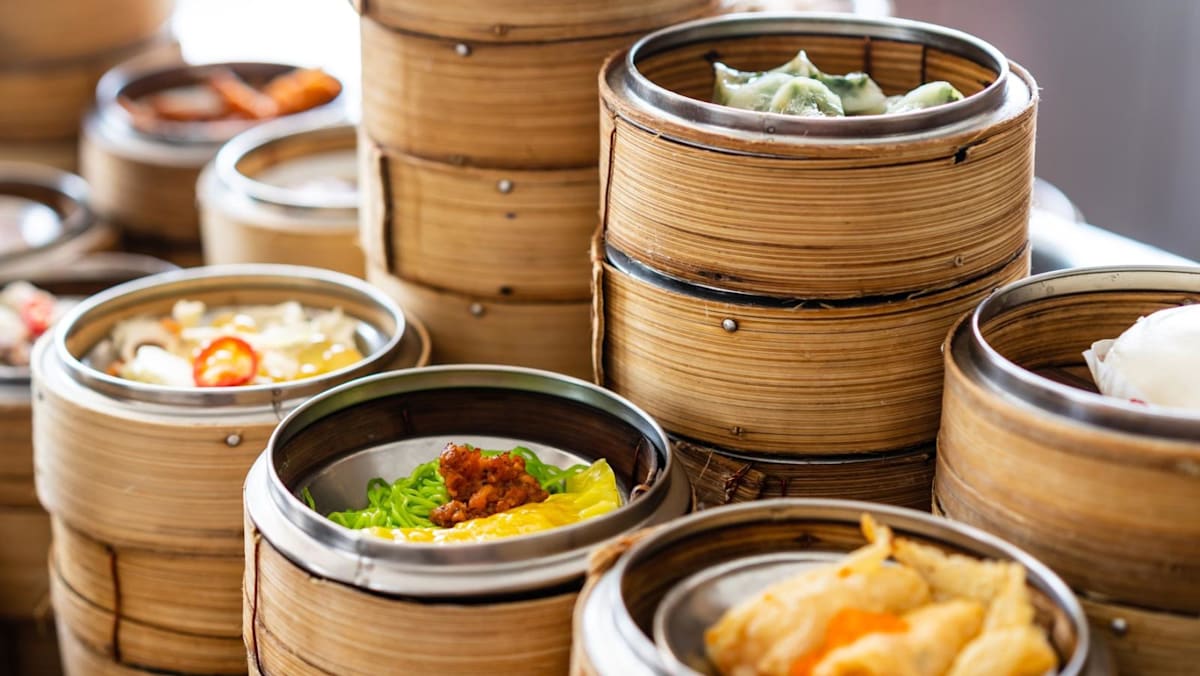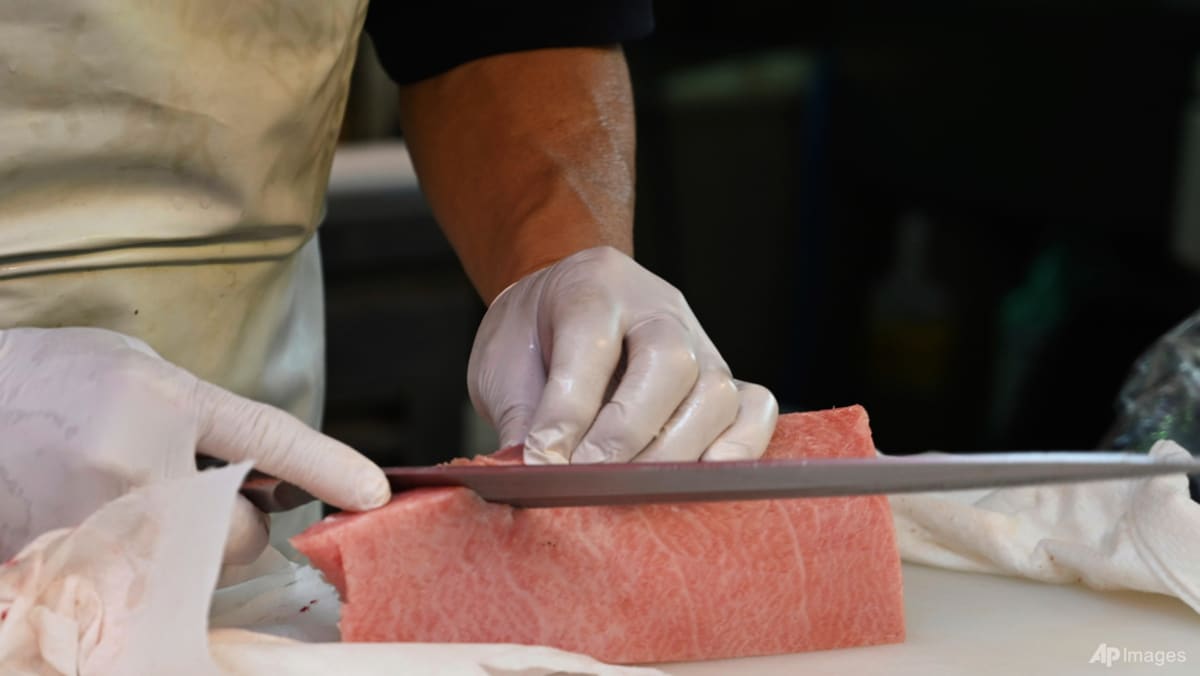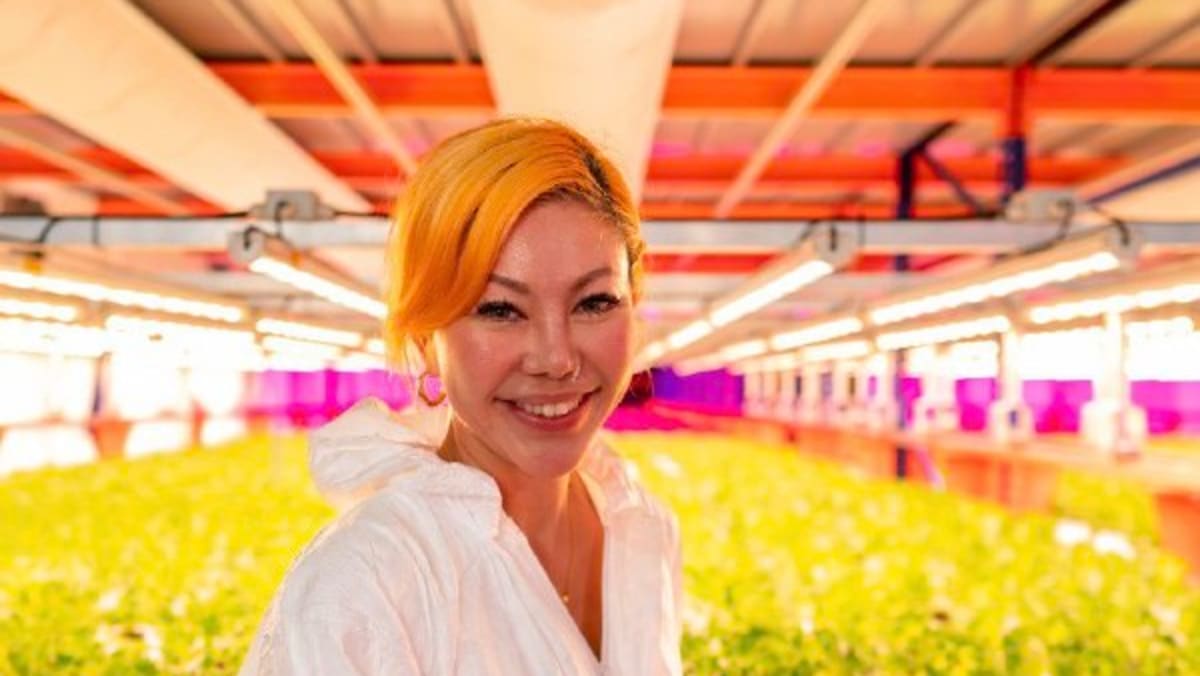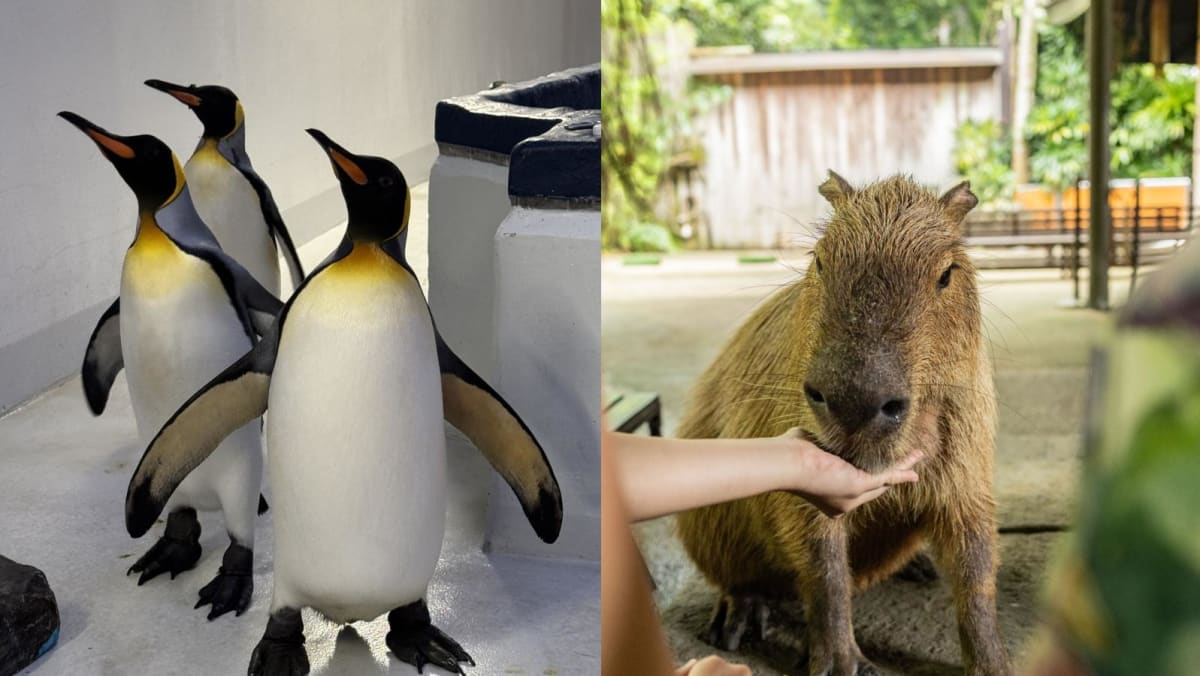HARYANA, India: Farmer Mahendra Singh has been growing genetically modified cotton – known as BT cotton – for the past 15 years in the northern Indian state of Haryana.
The genetically modified variety was designed to resist pests, he said.
“The BT seeds that were first given to us were excellent,” he added. “The results were amazing. We had great yield. We got a good price when we sold it and we didn't even have to spray insecticides."
But the situation has changed.
Pink bollworms, which have developed resistance to the genetically modified cotton seed and can decimate cotton yield, now threaten his crops. To protect them, Singh relies heavily on pesticides.
“It's expensive to keep spraying the crop,” he said.
“It's why we had stopped planting local varieties of cotton. It's particularly hard in the summer months to haul litres of pesticide into the field.”
Currently, more than 96 per cent of cotton sown in India is BT cotton. While the variety initially delivered higher yields, output has been declining for years.
Farmers told CNA that extreme heat and erratic rainfall have worsened pest outbreaks. They added that BT cotton seeds have been unable to adapt to changing climatic conditions.
UNSUSTAINABLE, UNSAFE
Agriculture researcher Dushyant Badal said a key problem is that Indian farmers are over-reliant on pesticides.
“Farmers continue to use high doses of pesticides on genetically modified crops, which shouldn't happen. That's why pests have become resistant,” said the managing director of Pragmatix Research, a firm which supports the adoption of sustainable farming practices.
There are also concerns that genetically modified cotton – along with the excessive pesticides used to grow them – could spill over into the food chain.
Most Indian farmers practise subsistence farming and feed crop residue to their cattle, which then contributes to the dairy supply.
“Something that has been genetically modified from a commercial point of view is not natural and can't be eaten,” said Badal.
“Our food policy must be safe in all aspects. It's a question of everyone's health.”
 Experts say a key problem is that Indian farmers are over-reliant on pesticides.
Experts say a key problem is that Indian farmers are over-reliant on pesticides.
OPPOSING GENETICALLY MODIFIED CROPS
BT cotton was first approved for commercial use in the United States about three decades ago and was introduced to India in the early 2000s.
While India's government has not expressed any health or environmental concerns, farm lobbies oppose further introduction of genetically modified crops into the country.
They argue that such crops are unsustainable and unsafe, and are also worried that commercial farming by big cultivators could sideline small farmers.
Genetically modified crops have since become a sticking point in New Delhi’s trade negotiations with Washington, which hopes to export such corn and soybean to India.
India is among the more than a dozen countries engaged in talks with US President Donald Trump’s administration ahead of a steep spike in levies set to take effect on Jul 9, when a 90-day tariff pause expires.
But the issue of allowing genetically modified US crops into India's agricultural market continues to be a big hold-up in negotiations.
SIGNIFICANT OPPOSITION PERSISTS
Agricultural experts also pointed out concerns of purchasing goods that India does not need.
“For most of the food items, India is self-sufficient,” said Siraj Hussain, former union secretary at the Ministries of Food Processing Industries and Agriculture.
“So, there is no need to import soybean, for example. If genetically modified corn is used for making ethanol, why not import ethanol itself.”
A national policy on genetically modified crops through public consultation is currently in the works. However, strong opposing views remain.
Some farmers like Rajesh Kumar, for instance, have fully rejected genetically modified cotton.
Kumar is now in his second year of cultivating a local variety of cotton, and he intends to continue with it.
“People told me don't waste your money on local varieties. I had no issues though and the yield has also been good,” he added.
“Looking at me, other people have started planting local varieties as well.”


















































